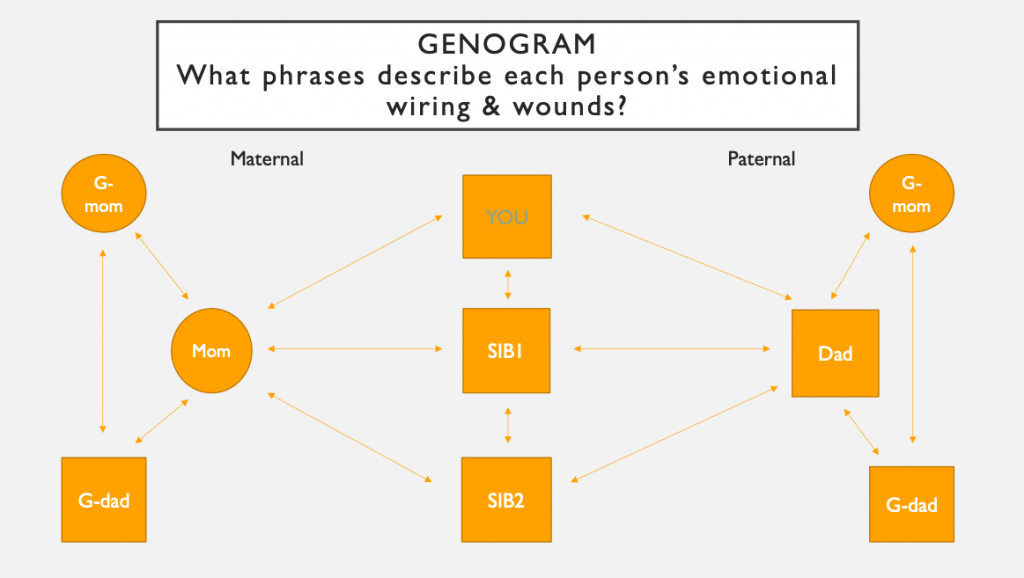Yes, there are emotional affects of social distancing during the COVID pandemic. Our friend and Forge member Gary Purdy of City Church Midtown and Culture Care recently taught a webinar addressing this issue. We found Gary’s teaching and vulnerability so helpful and wanted to share with you.

Our society is in a collective state of trauma. Unlike Post Traumatic Stress Disorder (PTSD), which surfaces after a trauma has ended, the country is only startling to grapple with the pandemic’s psychological fallout now.
Jonathan Porteus, licensed clinical psychologist, Crisis & Suicide Hotline, Sacramento, CA
What are the emotional affects of social distancing?
- Loneliness
- Anxiety
- Depression
Gary continued to emphasize that loneliness, anxiety & depression feel like our enemy, but these emotions may become our teacher. If we can acknowledge our loneliness, then we can learn from it.
It’s important to consult a doctor, focus on doing some kind of energizing exercise each day (even if it’s just a walk), eat healthy and take time to practice slow breathing at least once a day.
What are some helpful mental practices when you are feeling depressed?
- Learn about your personality patterns
- Be kind to you
- Talk to yourself when you usually listen to yourself
- Phone a friend when it gets too heavy
When you have nagging negative thoughts, do you listen to yourself or talk to yourself?
Have you realized that most of your unhappiness in life is due to the fact you are listening to yourself instead of talking to yourself? Take those thoughts coming to you the moment you wake up in the morning. You have not originated them, but they start talking to you, they bring back the problems of yesterday. Somebody is talking. Who? Your self is talking to you….You must stand up and say, ‘Self, listen for a moment, I will speak to you.’
D. Martyn Lloyd Jones, Spiritual Depression
The wiring of your emotional health can be affected by the psychological history in your family tree- if you haven’t already explored this with your own family it can be helpful to look back and ask questions about your family tree. Gary suggests doing a genogram of your family tree. A genogram goes beyond a traditional family tree by allowing you to analyze hereditary patterns and psychological factors that affect relationships.Then identify the sub-text or operating principle from your family of origin.

Life throws us so many hardships: heartbreak, illness, injury, death, abandonment. Though we may share similar experiences, every hurt is personal and affects our emotional health. We encourage you to examine your own emotional health and feel free to reach out to Gary with any questions. Gary Purdy is the pastor of City Church Midtown but he is also launching Culture Care– ongoing, confidential conversations about personal barriers to healthy work teams.
